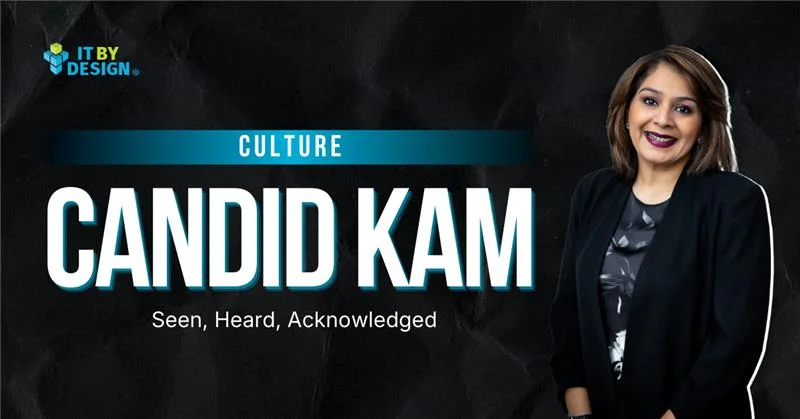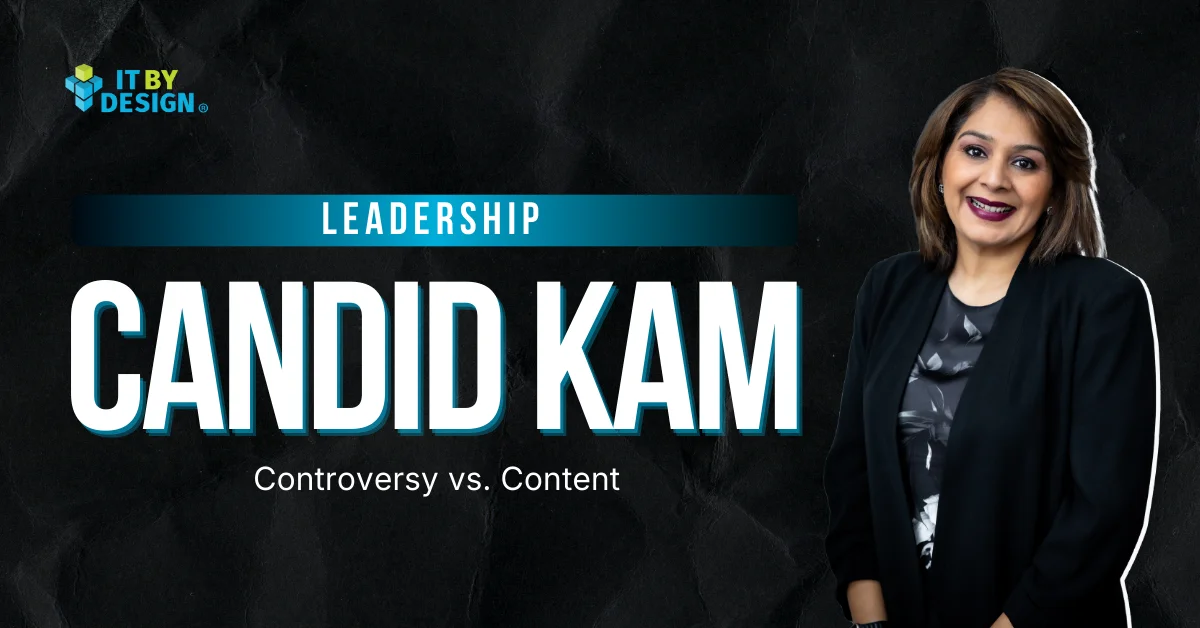Being recognized as a thought leader is something a lot of us strive for. It’s a level of status. It’s your hard work and dedication being recognized. It means the opportunity to help others, like you, achieve success! It also means putting yourself out there to have your thoughts and tactics evaluated.
We’ve all been there. In the middle of a presentation and someone interrupts the conversation to disagree or question your expertise. Or simply to share their personal, very specific situation that may not resonate with the larger audience. Sometimes it’s hard to handle these interruptions. The last thing any presenter wants is to be caught off-guard in a situation like this and handle it in a way that may damage their professional reputation. Here are some tips to keep in mind and practice before you step on stage!
1. Anticipate interruptions and plan a response
As with most things, planning ahead of time, can help immensely in the situation. As you are building your deck or writing your notes, go through it once as if you were in your audience’s shoes. Identify what points the audience may raise questions or concerns about your presentation. Write these down and plan a response to each. You’ll be prepared not to provide a reaction to the audience, but, instead, a well-thought-out reply that supports your topic.
Set the tone at the beginning on how you would like to handle questions. Some people prefer to bus through the presentation and take all Q&A at the end. Others prefer to use Q&A throughout the presentation to fill content holes and create a conversation with the audience. Understanding the goal of the presentation may help you identify which of these is the right fit, but setting the standard before you start will only set up for success.
People won’t be your only interruption. You could have technical issues, so bring an extra copy of your presentation on a drive. The power could go out, so ensure you have a printed copy of your facilitation guide or presentation for your use.
2. Respond don’t react
Interruptions can be dealt with in many different ways. Have a plan that works for you.
- Ignore It
If the interruption is quiet or irrelevant, perhaps you can ignore it and move on. - Table It for Later
If you’re caught off guard by a question or comment, you can always table it for later in the presentation or at the end. This allows you to refocus and gather a response. You can also buy yourself some time by taking a drink of water or slowly counting to 4 before you respond. - Show Empathy
Ask the person who caused the interruption to share their thoughts with the group. Others may also be thinking the same thing and could prove beneficial to the entire presentation. - Use Humor
If you’re funny, this is a good, easy and quick way to not let an interruption take control of your presentation. Brush it off and move on but remain respectful to the audience at the same time. - Apply It as Support
You can decide to address the concern/issue and use it as a jumping-off point for further supporting your topic.
3. Remember, you are an expert
As you’re entering into the life of a presenter and thought leader, it’s important to understand that you’ll never please everyone with your presentation. However, YOU were invited to speak because YOU are an EXPERT, and they wanted to hear YOUR message. You know more about the topic than others. Be boosted, but not arrogant about that. Value that they don’t have the knowledge you do!
Do your best, know your topic, and believe in your message!








